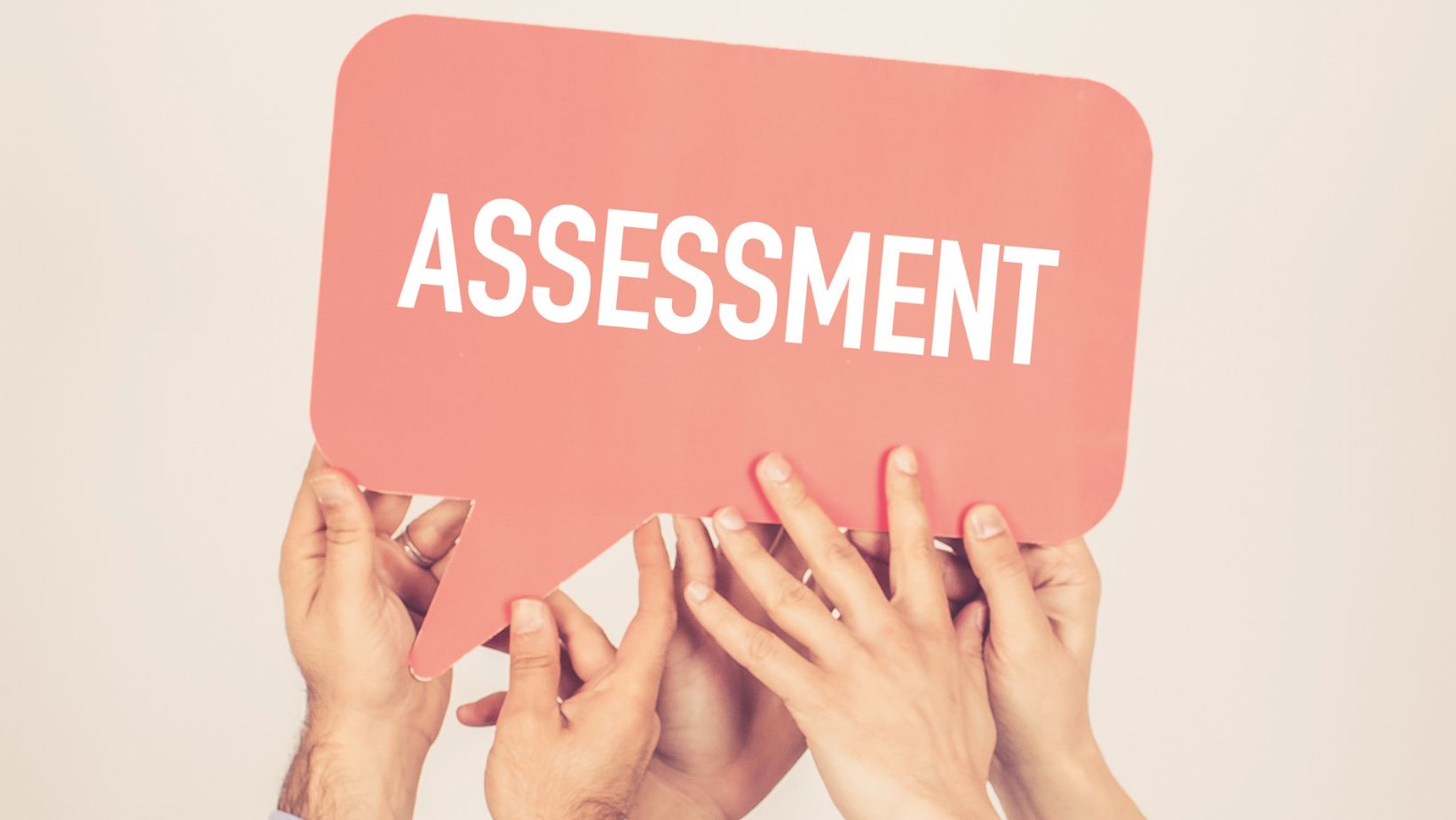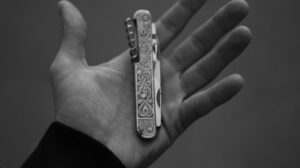The Importance of Effective Assessment
When embarking on any nursing task, and in particular, when preparing to assess a patient like Ms. Hodges, effective assessment is of utmost significance. It’s this step in nursing that anchors the whole patient care process, determining the course of action and influencing the outcomes of care.
Understanding the Role of Assessment in Nursing
Assessments within the scope of nursing play a critical role in shaping the patient’s journey through their care. Not only does it set the stage for their treatment plan, it also, directly and indirectly, affects their comfort, healing process and, ultimately, recuperation.
- It’s a prime opportunity for us to identify any pressing concerns
- We make the first steps towards devising a coherent and bespoke care plan
- It’s an ideal moment to establish or strengthen our rapport with the patient
The importance of assessments in nursing cannot be emphasized enough. In Nurse Dee’s preparation for assessing Ms. Hodges, this function will be central. Everything that unfolds here will be a product of the insights gathered in this assessment process.
Recognizing the Significance of Accurate Assessments
When we talk about the significance of assessments, it’s not just about conducting them – it’s about how accurately and thoroughly they’re done. An accurate, comprehensive assessment can spell a huge difference to the patient’s experience and recovery.
- Correct assessments steer our interventions in the right direction
- Errors, on the other hand, can create a ripple effect of complications
- They can impede recovery, lead to unnecessary discomfort or, worse, be life-threatening
This underlines why we must always aim for maximum accuracy when assessing. As Nurse Dee prepares to evaluate Ms. Hodges, accuracy will be her guiding light. A well-executed, careful assessment can herald a smoother passage through the care process for Ms. Hodges. After all, it’s not just about doing well by our patients – it’s about continuously striving for the best for them, each time, every time. This commitment to continually improve patient care is what distinguishes us in our roles as nurses and caregivers.
For the subsequent steps in Nurse Dee’s preparation process, we will delve into the importance of keen observation, the necessity of meticulous planning, and illustrate the process using a real-life case study.
Nurse Dee is Preparing to Aassess Ms Hodges
Success in nursing assessment largely depends on the preparation process. In this section, we will take a close look at how Nurse Dee is preparing to assess Ms. Hodges. Being well-prepared is the key to conducting an accurate and thorough assessment.
Gathering Necessary Information
As Nurse Dee is getting ready, a vital first step is collecting relevant information about Ms. Hodges. This can include her:
- Medical history
- Present symptoms
- Level of discomfort
- Personal habits that could affect her health status.
This information provides a baseline that guides the assessment. Information, in this context, is not just a collection of facts but the basis of a well-planned nursing care strategy.
Checking Equipment and Instruments
Apart from gathering information, having the right tools is crucial for an effective assessment. We need to ensure that all necessary equipment and instruments are functional, clean, and available. Nurse Dee, for instance, may need a:
- Stethoscope
- Sphygmomanometer (for measuring blood pressure)
- Thermometer
- Torchlight
- Measuring tape
This way, we can perform physical examinations efficiently and record accurate data. Remember: the reliability of our assessment findings greatly depends on the quality of the tools we use.
Nurse Dee’s preparations are not just for smooth sailing in the face of complexities but also the reflection of her commitment to excellence in nursing care. These preparations are instrumental in shaping Ms. Hodges’s treatment plan, thereby influencing her healing process in a positive way.
By undertaking a thorough preparatory process, we uphold the integrity of our nursing assessment, the cornerstone of effective patient care. It’s this meticulous approach that steers our interventions in the right direction and protects our patients from possible complications.
Nurse Dee’s real-life case studyl demonstrates how keen observation, meticulous planning, and uncompromised accuracy play out in the realms of a nursing assessment.



